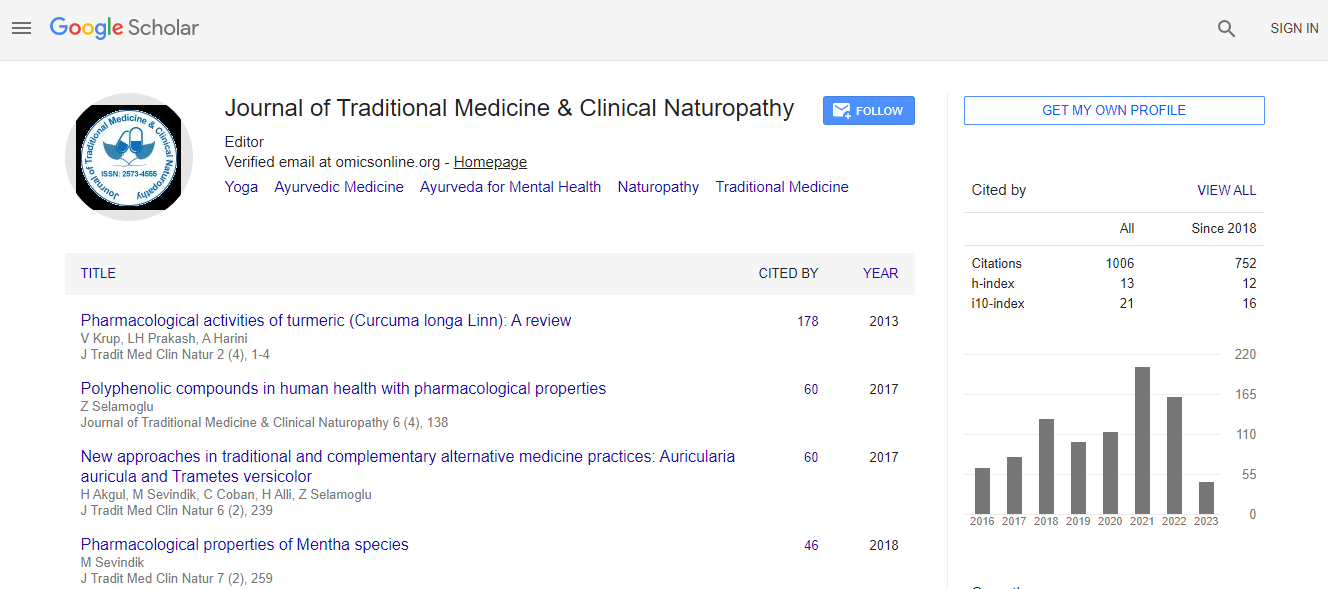Research Article
Rehabilitation in Secondary Progressive Multiple Sclerosis in Patients: Early Outcomes
Mandolesi S1, d’Alessandro A4, Niglio T3, Gallucci S2, Cialfi A2, Mandolesi D5, Di Donato R2, Stammegna I5 and d’Alessandro A6*
1Department Cardio-vascular and Respiratory Science, “Sapienza” University, Rome, Italy
2Department of Rehabilitation, “Villa Dorotea”, L’Aquila, Italy
3Istituto Superiore di Sanità, Rome, Italy
4Faculty of Medicine, University of Foggia, 71122 Foggia FG, Italy
5U.R. Occupational Medicine, Sapienza University of Rome, 00185 Rome, Italy
6School of Medicine and Health Sciences, “G. d’Annunzio” University, Chieti, Italy
- *Corresponding Author:
- d’Alessandro A
School of Medicine and Health Sciences
“G. d’Annunzio” University, Chieti, Italy
Tel: +390882200431
E-mail: dalessandraldo@gmail.com
Received date: June 29, 2017; Accepted date: July 07, 2017; Published date: July 18, 2017
Citation: Mandolesi S, d’Alessandro A, Niglio T, Gallucci S, Cialfi A, et al. (2017) Rehabilitation in Secondary Progressive Multiple Sclerosis in Patients: Early Outcomes. J Tradit Med Clin Natur 6:229.
Copyright: © 2017 Mandolesi S, et al. This is an open-access article distributed under the terms of the Creative Commons Attribution License, which permits unrestricted use, distribution, and reproduction in any medium, provided the original author and source are credited.
Abstract
Introduction: Multiple Sclerosis (MS) affects approximately 110,000 people in Italy and MS is a leading cause of disability in young adults. Rehabilitation interventions are frequently used as clinical strategies for improving or maintaining functional state.
Methods: We assessed 9 patients with secondary progressive multiple sclerosis (SP-MS): Four female and five male with a mean age of 47.3 years. The mean score EDSS was 7 (values from 3.5 to 8.5). All patients were hospitalized from eight to ten weeks; MSIS-29, EBN, Hamilton, FIM, Barthel, Tinetti and FSS tests were administered. All patients received one weekly spine manipulation in accordance with Palmer, Sutherland, Makenzie procedures both in supine and upright position. Three times a week the patients received also a draining massage of head and lower limbs by Muscular Acoustic Modulator (MAM) device. Eighty minutes a day, for 6 days a week, all patients had neuro-motor rehabilitation.
Results: Only some data from clinical tests showed statistically significant differences, before and after treatments. These data are: FSS scale: p<0.01 (H Kruskal-Wallis=6.7996 with degree of freedom=1); Memory test with deferred Prose: p<0.05 (H Kruskal-Wallis=4.7193 with degree of freedom=1); Memory test with immediate Prose: p=0.0920 Trend (H Kruskal-Wallis=2.8382 with degree of freedom=1).
Conclusion: In our study FIM, Bartel, Tinetti tests showed reductions in clinical disability without statistical significance. We had statistically significant differences, after 6 weeks by this innovative rehabilitation treatment both on the chronic fatigue on the cognitive status in inpatients with SP-MS. These preliminary positive results encourage us to continue research on a larger sample of patients.

 Spanish
Spanish  Chinese
Chinese  Russian
Russian  German
German  French
French  Japanese
Japanese  Portuguese
Portuguese  Hindi
Hindi 
